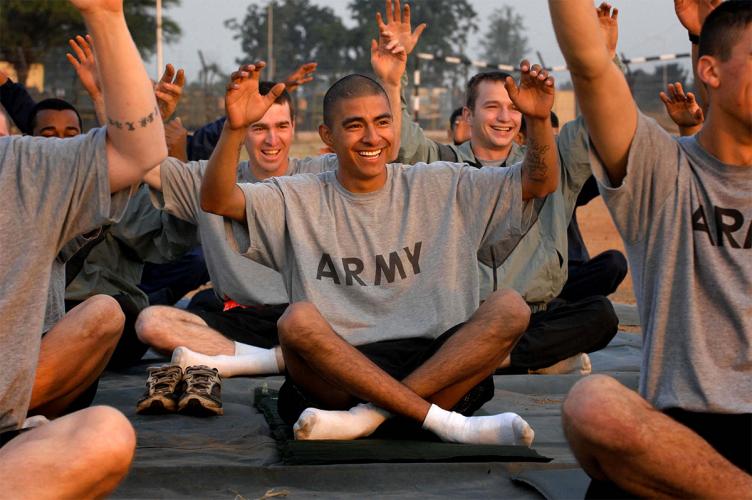Mental Health for Vets can be hard to find. Military veterans who have served in the armed forces, both in wartime and in peace, have always been, and will continue to be a very important part of our nation and what America represents. The past few decades have highlighted just how important it is to have servicemen and women volunteer to serve in arguably the most powerful military in the history of the earth.
SERVICE AT A COST
Sometimes this service comes at a cost, however. According to a 2014 study conducted by JAMA Psychiatry, almost 1 in every 4 service members has shown signs of a mental or behavioral health issue. This can be attributed to many different aspects of military service, be it serving at home, serving in a theater of war or on combat missions, the stress of daily military life or having experienced symptoms of PTSD, depression or Traumatic Brain Injury.
TO EACH THEIR OWN
Every single person can have a completely different experience in regards to how their mental health gets affected. For example, one soldier may experience significant PTSD symptoms over a period of time after being involved in a firefight with enemy soldiers; another individual may not be greatly affected by the same scenario, but perhaps is suffering from the daily stress and rigors of being away from their family for months at a time while on duty. Even the senior officers or soldiers who mainly stay put can experience various mental health symptoms; it doesn’t just affect those serving in active duty or combat.
HOW TO GET MENTAL HEALTH HELP
But when it comes to getting help, asking for help, or even admitting that one may be struggling with a particular mental health or behavioral health problem, the reality is that it is still difficult for military veterans to find the proper path towards healing. Some may even experience types of stigmas associated with mental health, whether it is real or perceived. At times they may become distant with some of the military members that they served with during the past, and perhaps will be unsure about what steps to exactly take in order to get the help that they need.
THE FUTURE IS BRIGHT
Ultimately, there is good news for those looking to get help, and it can come in a variety of different ways; some may be obvious, and others not so obvious, but these will be great resources for yourself, or if you happen to know another military veteran who is struggling with the effects of mental illness, and they do not necessarily know where to turn.
REACH OUT TO VETERAN SUPPORT ORGANIZATIONS
There are multiple organizations for military veterans out there, such as the Veterans of Foreign Wars, or The American Legion. Local chapters of these groups can be an excellent source for those dealing with stress, depression, suicidal thoughts and anxiety.
SPEAK TO SOMEONE ON THE VETERANS CRISIS HOTLINE
If you or someone you know is experiencing suicidal thoughts and feelings, reaching out to the Veterans Crisis Line at 1-800-273-8255 will allow them to speak with a mental health professional immediately. This line is available 24 hours a day, 7 days a week, and is a great resource if you are struggling with suicidal ideations.
LOOK INTO A MENTAL HEALTH FACILITY
Mental health facilities are very well-equipped to deal with various issues that military veterans may experience: symptoms of Post-Traumatic Stress Disorder, substance abuse and addiction problems, crippling anxiety and depression are just a few of the major topics that can be addressed. Facilities such as Carolina Dunes Behavioral Health are also located in a region that has a heavy military presence, and is convenient for both inpatient and outpatient treatments depending on the specific needs of each military veteran.
KEEP IN MIND
The most important aspect for military vets who are having trouble dealing with or facing different types of behavioral and mental health issues, is to realize that there is hope, it is not wrong to struggle with mental health challenges and that there are many, many people who are there to help in times of need and especially when going through a mental health crisis.





